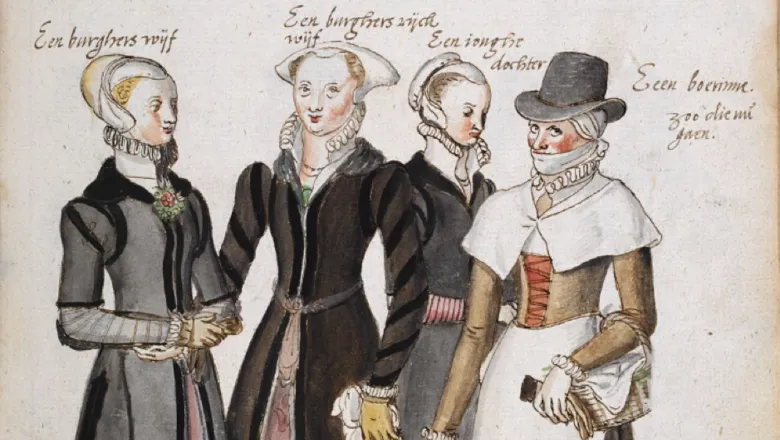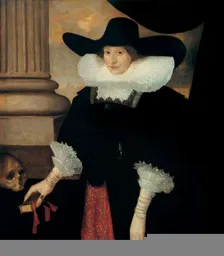19 April 2021
Social Status calculator shows what “class” you would have been in Shakespeare's Time
Researchers from King’s, the University of Kent and the University of Birmingham have developed a class calculator to explore the cultural and social world of the 16th and 17th Century England.

The calculator will allow individuals to see where they would have sat on the social scale during the period of 1560 – 1660 and can be used as a research tool to identify the status of historic figures.
The Social Status Calculator, inspired by the 2013 BBC Great British Class Calculator, is an educational resource tool which breaks down what “middling” status would mean for those living during the 16th and 17th century England – the kinds of people who were neither very rich, nor very poor.
Professor Graeme Earl of the Department of Digital Humanities helped develop the calculator.
Professor Catherine Richardson, Professor of Early Modern Cultural Studies at the University of Kent and principal investigator on the project said: “We wanted to find a light-hearted way of exploring what life was like for the different status groups in early modern England - a lot of research into archives and museum collections lies behind it, but we hope it's essentially great fun to use! It is one of the tools we are using to help us to think about the cultural lives of Shakespeare’s contemporaries in the round, and to investigate the impact of the relationships between wealth, possessions, occupation, skills and lifestyle – to deepen our understanding of how literacy and creative practices might have affected a family’s social mobility.”

Dr Tara Hamling, Reader in Early Modern Studies at the University of Birmingham and co-investigator on the project, said: “We developed the social status calculator as a way to work out how to place people within the shifting social world of sixteenth and seventeenth century England. Our research is revealing how degrees of status were understood not just in terms of what you did for a living, or who your father was, but what possessions you owned and how you spent your leisure time. The calculator is a really useful tool for testing our ideas about class against how people in the time of Shakespeare would have thought about, and participated in, the social mobility of the time.”
During this period, society wasn’t just split between “poor” or “aristocratic”, there were lots of people in the middle. These individuals bought beautiful furnishings, had specialised creative skills and cultivated complex social networks. These were the literate, urban households whose members engaged with a variety of cultural forms for work and beyond. The project uncovers the untold histories of ordinary men and women who were the contemporaries of well-known individuals like William Shakespeare.
Middling Culture is an Arts and Humanities Research Council-funded project that aims to transform our understanding of how reading, writing and material culture fitted into the everyday lives of England’s “middling” people during that important period in history.
